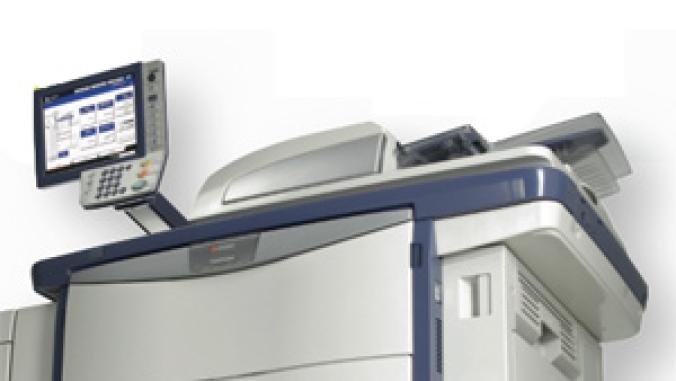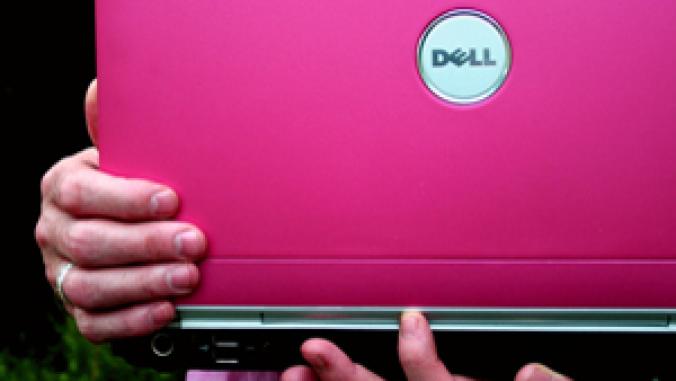U.S. Government Mandates EPEAT PC Purchases
Three major departments of the federal government have jointly announced a proposal that would require all new computer purchases to meet EPEAT standards for energy efficiency and toxics, a move that will likely have big effects on commercial and consumer buyers as well.
Three major departments of the federal government have jointly announced a proposal that would require all new computer purchases to meet EPEAT standards for energy efficiency and toxics, a move that will likely have big effects on commercial and consumer buyers as well.
NASA, the Department of Defense and the General Services Administration signed a notice in the Federal Register at the end of last month that will swing the departments' massive buying power behind energy efficient and low-toxics EPEAT-certified computers.
EPEAT is a three-tiered, point-based system. There are 23 required criteria to meet the lowest level of EPEAT certification, EPEAT Bronze. These criteria cover the entire life cycle of a product, from a reduction of the toxic materials used in production of the products, to the energy it uses while it is in operation, and the recyclability of the materials at the end of life. Products that meet all 23 criteria receive Bronze certification, and those that meet an additional 14 or 21 optional criteria receive Silver or Gold certification.
Because the federal government has such a significant purchasing budget -- IDC market analyst Shawn McCarthy estimates that it buys 2.2 million new computer systems per year -- the new rule, if it goes into effect, will likely make waves across the industry, and give a big boost to the EPEAT program itself.
McCarthy told Computerworld that a similar shift happened in the 1990s when the government mandated Energy Star purchases for its departments.
EPEAT, which is managed by the Green Electronics Council, announced last year that that it had sold 36 million products in the first six months of the program.
NASA, the Department of Defense and the General Services Administration signed a notice in the Federal Register at the end of last month that will swing the departments' massive buying power behind energy efficient and low-toxics EPEAT-certified computers.
EPEAT is a three-tiered, point-based system. There are 23 required criteria to meet the lowest level of EPEAT certification, EPEAT Bronze. These criteria cover the entire life cycle of a product, from a reduction of the toxic materials used in production of the products, to the energy it uses while it is in operation, and the recyclability of the materials at the end of life. Products that meet all 23 criteria receive Bronze certification, and those that meet an additional 14 or 21 optional criteria receive Silver or Gold certification.
Because the federal government has such a significant purchasing budget -- IDC market analyst Shawn McCarthy estimates that it buys 2.2 million new computer systems per year -- the new rule, if it goes into effect, will likely make waves across the industry, and give a big boost to the EPEAT program itself.
McCarthy told Computerworld that a similar shift happened in the 1990s when the government mandated Energy Star purchases for its departments.
EPEAT, which is managed by the Green Electronics Council, announced last year that that it had sold 36 million products in the first six months of the program.




